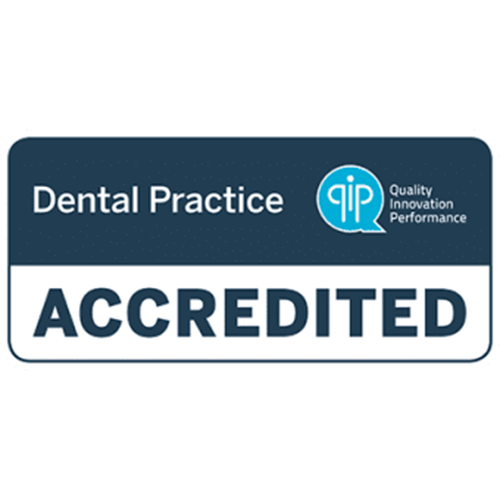Sensitive Teeth
With the colder weather approaching us I thought that tooth sensitivity would be an appropriate topic
If your teeth hurt when you eat ice-cream, drink hot beverages, or eat sour foods or citrus, you may have ‘sensitive teeth’. Sensitivity can be every now and again or frequent, and the level of discomfort experienced can vary, but the triggers are usually hot and cold, sweet and sour foods and drinks. Some people even feel pain from simply breathing in cold air! The pain experienced by sufferers is often described as sharp and sudden; others say they feel like their teeth are ‘on edge’.
What Causes Sensitive Teeth?
Brushing your teeth too hard will not make them cleaner, but it may wear away the protective enamel layer and make them sensitive, so when you brush remember to brush gently and with a ‘soft’ toothbrush.
Gum disease can cause your gums to recede, exposing the root surfaces which can trigger sensitivity.
Grinding or clenching your teeth can wear away your tooth enamel and usually occurs at night while you are asleep.
Erosion of the tooth enamel by acidic drinks and foods, or stomach acid from reflux or vomiting. Pregnancy, eating disorders and conditions such as Gastro-oesophageal reflux disease can increase your risk of erosion, so you should take extra care with your teeth in these situations.
Chipped, broken, or decayed teeth can cause the nerve in the tooth to become irritated and sensitive.
What You Can Do To Avoid Sensitive Teeth
There are some simple things you can do every day to help minimise the discomfort of sensitive teeth. Brush and floss regularly and make sure you are brushing your teeth correctly. It’s not hard to learn how to brush properly – ask your dentist to teach you
Always use a soft toothbrush and consider using toothpaste for sensitive teeth as a part of your daily routine. Of course brushing is good for your teeth, but when you eat or drink something acidic, it’s best to rinse your mouth with water and chew sugar-free gum afterwards and wait at least 60 minutes before brushing.
Maintaining a daily routine and booking regular check-ups with your dentist will keep the ‘ouch factor’ felt from your sensitive teeth to a minimum. If your routine scale and clean causes sensitivity, you’re not alone, so don’t avoid the dentist. Make sure you tell your dentist if you’ve got sensitive teeth! I
f the pain is getting you down, or you are tired of not being able to eat your favourite foods, book an appointment with your dentist to discuss your particular situation. Your dentist can identify the underlying cause of your sensitivity and recommend the best oral hygiene practices to help reduce your discomfort and maintain the health of your teeth.
It’s important to remember that some tooth sensitivity is caused by more serious problems, including tooth decay, a fractured filling, a cracked tooth or even a root canal problem. So don’t overlook the importance of a professional diagnosis by your dentist.
Taken from http://www.ada.org.au/getattachment/Your-Dental-Health/Resources-for-Professionals/Resources-for-Adults-31-64/Ouch-I-have-sensitive-teeth-(1)/Ouch!-I-have-sensitive-teeth.pdf.aspx
Site Links
Our Services
Locations We Service
Contacts
ABN: 40 525 320 779
Trading Hours
- Monday
- -
- Tuesday
- -
- Wednesday
- -
- Thursday
- -
- Friday
- -
- Saturday
- Closed
- Sunday
- Closed













